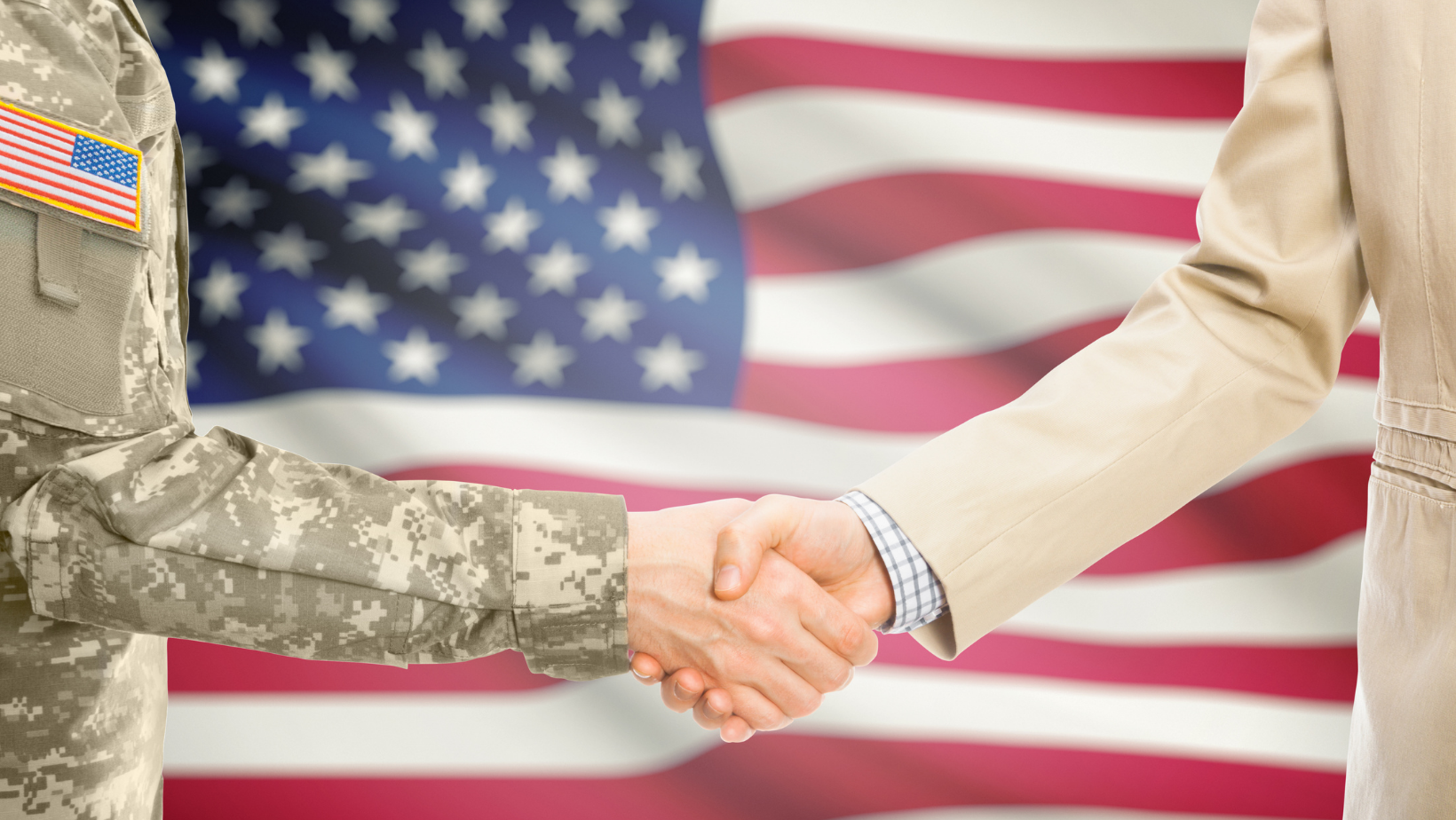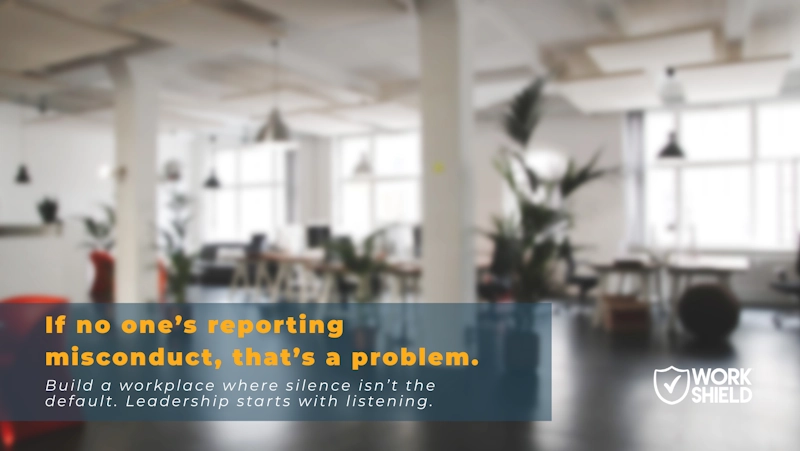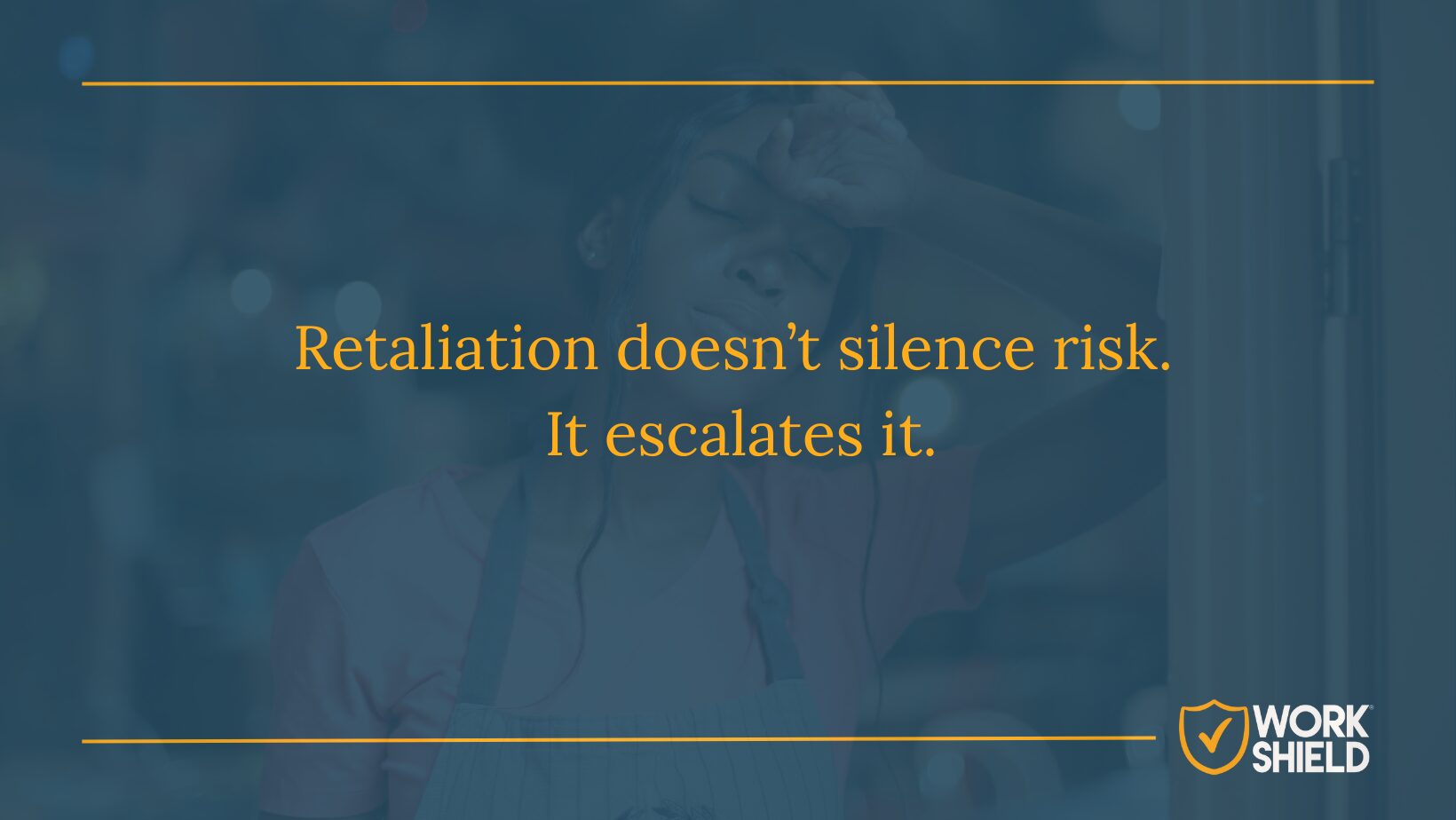According to the Department of Veterans Affairs, there are over 19 million U.S. veterans, which account for less than 10% of the civilian population. For those veterans who return to the civilian workforce, it can be a challenge to find employment, and in fact, unemployment has become an issue in recent years. The Bureau of Labor Statistics reports a 3.6% unemployment rate for veterans in 2021, an improvement from the over 11% unemployment of veterans following the COVID-19 pandemic shutdown. However, younger veterans, particularly those in the post-9/11 generation, continue to see increases in the rate of unemployment. In light of Veterans Day, we’re taking a look at the hiring bias against veterans and why employing this group is proven to add great value to your organization and work culture.
Although veterans are a valuable asset to a business, hiring barriers still exist. One LinkedIn report found that civilian hiring managers are often unfamiliar with military job titles and responsibilities, which creates a space for hiring bias. This hiring bias impacts not only veteran unemployment, but also underemployment, which is a trend for veterans transitioning into the civilian workforce. Studies show that the hiring bias caused the underemployment gap between veterans and nonveterans has increased to 34%. In addition, underemployment also creates lower levels of professional development, higher costs for employers and lower wages.
While military talent misconceptions and hiring bias can impact veteran employment and performance, veterans with disabilities have a higher probability of being unemployed. Only one-third of disabled veterans are employed in comparison to three-fourths of non-disabled veterans and 71% of the civilian population. With that, 57% of veterans with disabilities reported fearing hiring discrimination because of their disabilities.
Reasons to hire veterans:
- Longevity: Veterans remain with their initial employer 8.3% longer than nonveterans.
- Teamwork: Safe military operations are built upon strong teamwork. Veterans understand this concept and bring this work ethic to an organization.
- Education: Veterans are 160% more likely to have a graduate degree or higher, and those with Bachelor’s degrees have 2.9x more work experience.
- Growth: Veterans are 39% more likely to be promoted than nonveterans.
- Beneficial to Veterans: For veterans, there are benefits to returning to work, too. It can help smooth the transition into civilian life and aid in the healing process.
Including veterans in the workplace is a key component to an organization’s diversity, equity and inclusion. Through fostering mentorship opportunities, employee resource groups and other workplace accommodations, employers can better assist veterans of all backgrounds as they transition into the workplace to ensure that they feel valued and comfortable.
It’s crucial that employed veterans, disabled or not, have access to solutions to report any form of bias or workplace misconduct. Work Shield offers the solution to ensure that all employees’ voices are heard, and workplace incidents are efficiently investigated and resolved.
About Jennifer Pope Jennifer is the Co-Founder of Work Shield, the only start-to-finish workplace harassment and discrimination reporting, investigation and resolution solution that protects employees, employers and cultures at the same time. Jennifer’s background as an attorney fueled her desire to help others. She leverages her experiences from Hewitt Associates, Thompson & Knight, and SMU’s Dedman School of Law to help employers shift the paradigm related to workplace harassment to ensure that everyone has a voice. Connect with Jennifer on LinkedIn.





